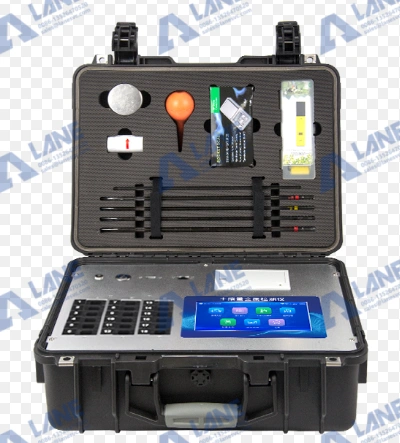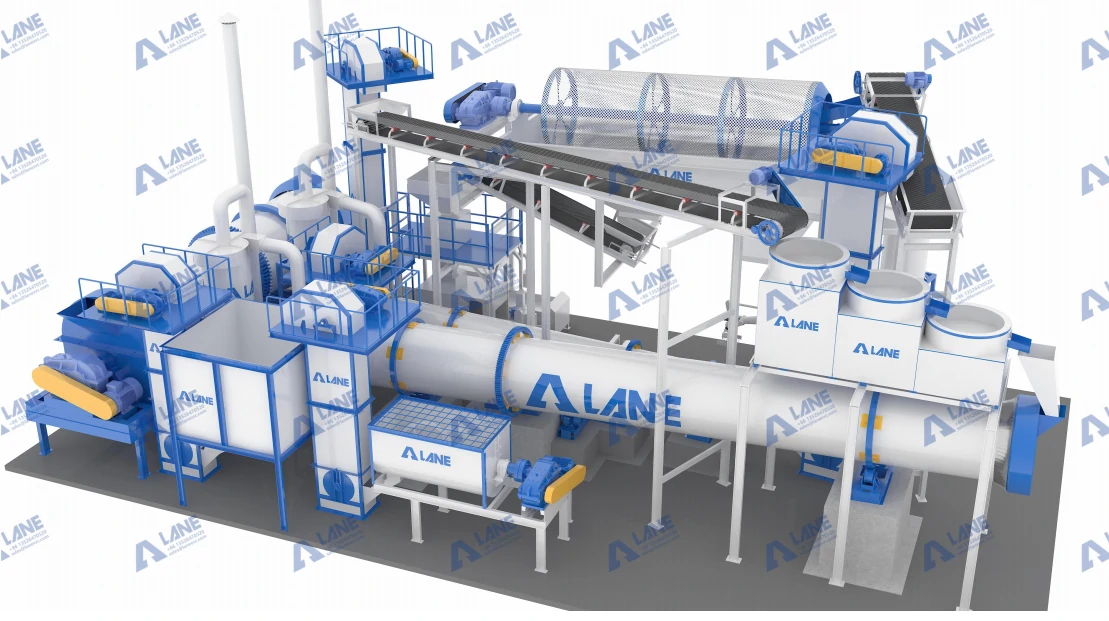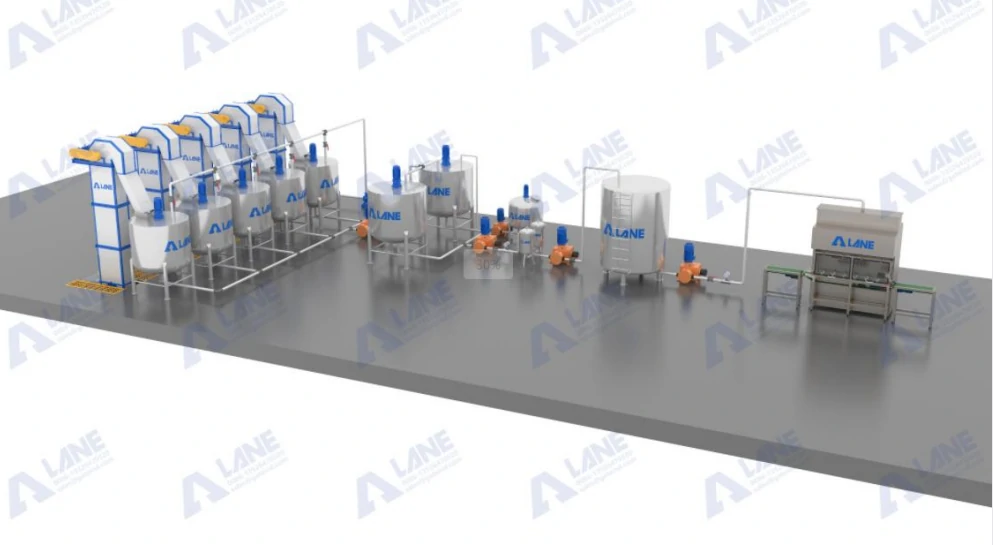
Soil Testing Instrument: Key to Sustainable Agriculture
In modern agriculture, maximizing crop yields while maintaining environmental sustainability has become an urgent priority. One of the key steps to achieve this balance is to understand the soil health and its nutrient requirements. Soil testing instruments are precisely designed for this purpose. Soil testing is the foundation of precision agriculture, enabling farmers to optimize fertilizer use, improve soil quality, and ultimately increase yields.
A soil testing instrument is a device used to measure various physical and chemical properties of soil. These include factors like soil pH, nutrient levels (nitrogen, phosphorus, potassium), organic matter content, moisture levels, and texture. Soil testing helps determine the best types and amounts of fertilizers and amendments needed to optimize soil health and crop growth.
Soil testing instruments can be manual or digital. While manual methods require traditional techniques like titration, modern digital soil testers offer more precise, quick, and detailed insights into soil health. These devices are often equipped with sensors that can quickly analyze multiple soil parameters, providing farmers with real-time data.

Soil testing plays an essential role in several key areas of agricultural management:
1.Nutrient Management
Knowing the precise nutrient profile of the soil enables farmers to apply the right amount and type of fertilizers, avoiding over-fertilization or under-fertilization. This helps in both maximizing crop yield and minimizing environmental impact.
2.Soil Health Assessment
Regular soil testing allows farmers to assess the soil’s organic matter content and pH level, helping them understand if the soil is becoming too acidic or too alkaline for optimal crop growth.
3.Cost Efficiency
By testing soil before applying fertilizers, farmers can save on the cost of unnecessary fertilizer application. By only applying the required amount of nutrients, they can improve farm profitability and minimize waste.
4.Sustainability
Soil testing is a crucial component of sustainable farming practices. By monitoring soil health and applying fertilizers based on data, farmers can reduce their dependence on chemical inputs and minimize environmental degradation.
The soil testing process generally follows these steps:
Sample Collection: Soil samples are taken from different parts of the farm at varying depths. The samples are then mixed to create a composite sample, which provides a representative analysis of the entire field.
Laboratory Testing or In-field Testing: The samples are either sent to a laboratory for detailed analysis or analyzed on-site using digital soil testing instruments. Common tests include measuring soil pH, nutrient content (such as nitrogen, phosphorus, potassium), and organic matter.
Data Interpretation: The results from the soil testing instrument are interpreted to determine the soil’s nutrient status and any deficiencies or imbalances. The results also suggest specific recommendations for fertilizers, organic amendments, or pH adjustment methods.
Actionable Insights: Based on the test results, farmers can develop a customized fertilization plan to improve soil health and increase crop productivity.
The combination of precise soil data and an efficient fertilization system is crucial for the success of modern agriculture. LANE offers cutting-edge solutions that perfectly match soil testing instruments, ensuring a seamless transition from soil analysis to fertilization.
For instance, LANE’s organic fertilizer production system can produce specialized fertilizers tailored to the needs of the farm based on soil testing results. By utilizing the data from soil testing instruments, LANE’s system can assist farmers in producing fertilizers with the appropriate nutrient composition, thereby addressing specific soil deficiencies.
Additionally, LANE’s compost turners, granulators, mixing systems and dual filter can be adjusted to optimize the processing of organic waste into fertilizers based on soil requirements. By using customized fertilizers developed through soil testing, farmers can enhance soil fertility, improve crop yields, and ensure the long-term sustainability of their agricultural practices.


1.Precision Farming
When farmers have access to real-time soil data, they can precisely match fertilizer application to the needs of the soil, increasing efficiency and reducing wastage.
2.Maximized Fertilizer Efficiency
By using soil testing data to formulate fertilizers, farmers can create customized blends that deliver nutrients exactly where and when plants need them, maximizing fertilizer use efficiency.
3.Improved Soil Health
Soil testing helps monitor soil quality over time, enabling farmers to take proactive steps to improve soil health. With LANE’s fertilizer production systems, farmers can consistently use the right amount of nutrients, promoting long-term soil sustainability.
4.Increased Crop Yield
By optimizing the nutrient levels in the soil and adjusting fertilizer use accordingly, farmers can expect healthier crops and higher yields, improving overall farm productivity.
A soil testing instrument is an essential tool for any modern farmer looking to maximize productivity while minimizing environmental impact. By integrating soil testing with advanced fertilizer production systems like LANE’s, farmers can ensure precision and efficiency in nutrient management. At LANE, we are committed to providing the technology and equipment needed to turn soil data into actionable insights, ultimately helping farmers improve soil health, enhance crop yields, and contribute to a more sustainable agricultural future.
For more details, please feel free to contact us.
Henan Lane Heavy Industry Machinery Technology Co., Ltd.
Email: sales@lanesvc.com
Contact number: +86 13526470520
Whatsapp: +86 13526470520
Leave a Comment
LANE has more than 500 successful cases and is committed to providing customers with first-class solutions, high-end machinery and equipment, and one-stop pre-sales, sales and after-sales comprehensive customer service.